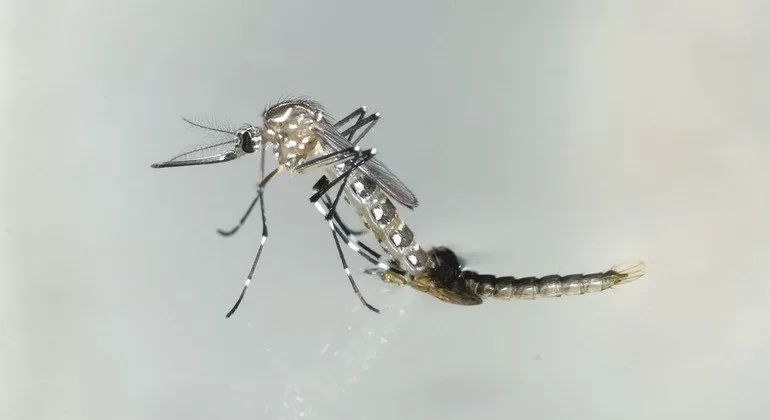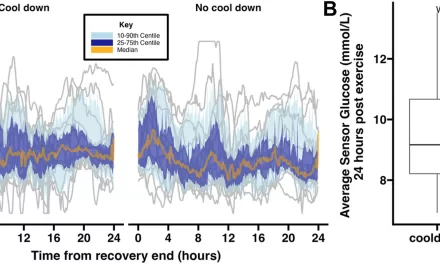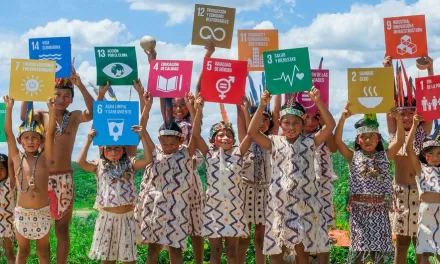In a concerning update, the World Health Organization (WHO) has revealed a significant increase in dengue fever cases throughout the Americas this year, highlighting the persistent threat posed by this mosquito-borne viral illness to public health.
As of the end of April, the WHO reported that dengue cases in the Americas had soared past 7 million, already surpassing last year’s annual peak of 4.6 million cases. Globally, during the same period, there were over 7.6 million reported cases and approximately 3,000 deaths attributed to dengue.
Brazil, Argentina, and Paraguay are among the hardest-hit countries in a list that spans 46 nations across North and South America. Dr. Jarbas Barbosa da Silva, head of the Pan American Health Organization, had earlier warned in March that this year’s dengue season could potentially be the worst they have faced.
Despite these alarming figures, experts caution that widespread vaccination campaigns may not yield immediate relief in controlling the outbreak. Dengue, characterized by symptoms such as fever, headaches, vomiting, skin rashes, and severe muscle and joint pain, can also escalate to life-threatening hemorrhagic fever, which can lead to fatal bleeding in some cases.
Typically, the majority of dengue cases occur between February and May, coinciding with the rainy seasons in many parts of the Americas that create ideal breeding grounds for the Aedes aegypti mosquito, the primary vector for dengue.
Health authorities continue to urge vigilance in mosquito control measures and prompt medical attention for suspected cases to mitigate the impact of this ongoing public health challenge.
The WHO and its regional partners are closely monitoring the situation as efforts intensify to manage and contain the spread of dengue fever across the region.











